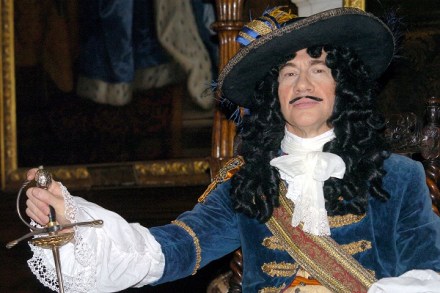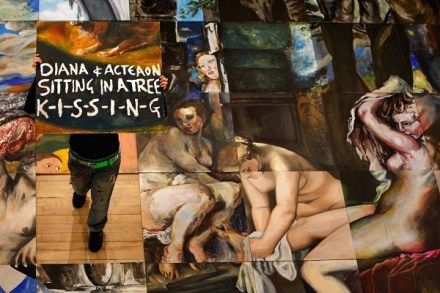A narrow escape
C.J. Sansom is deservedly famous for his Shardlake crime novels, featuring a 16th-century lawyer on the fringes of the court. But he has also written two successful novels with 20th-century political themes. The first, Winter in Madrid, is a compelling evocation of Spain in 1940. His latest, Dominion (Mantle, £18.99), is set in Britain in 1952. But not the Britain we know; rather, one that made peace with Germany in 1940, with Halifax (pictured) rather than Churchill becoming prime minister, succeeded by the aged Lloyd George (an admirer of Hitler) and then Beaverbrook. By 1952 Britain has fallen increasingly under Nazi dominion, elections have been suspended and the opposition —














